If you were suddenly given the power to ban anything, no rules, no debates, what would you outlaw first? That question sparked a wildfire of responses online, with thousands chiming in about the little (and not-so-little) things they think the world would be better off without. From annoying habits to corporate practices, here’s a rundown of the most common and passionate answers people gave when asked what they’d ban if they had the power.
Loud Phone Calls in Public Spaces

One of the most repeated suggestions was banning loud phone conversations in public. People feel strongly about this, especially in places like restaurants, public transport, and waiting rooms. It’s not just about the volume, it’s the invasion of everyone’s space with personal drama or business meetings nobody asked to hear. Some even called for “quiet zones” to be enforced everywhere, not just on trains. For many, this isn’t about being uptight, it’s about basic courtesy.
Shrinkflation

Shrinkflation, where companies reduce the quantity of a product while keeping the price the same, made people furious. Shoppers say it’s a sneaky trick that feels dishonest, especially when the packaging stays identical. They’d rather see a price increase than be fooled into buying less. It’s become a big enough issue that some even want government intervention to label or prevent it outright. Transparency is all customers are asking for.
Tipping Culture in the U.S.
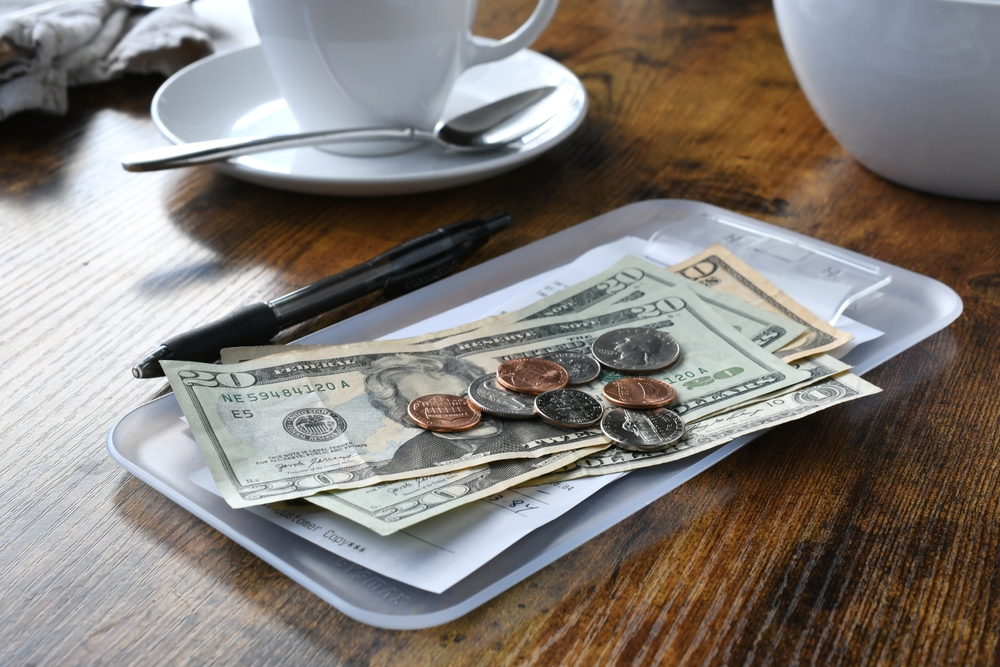
A lot of Americans said they would ban tipping as a standard practice and instead force businesses to pay workers a fair wage. While many still tip generously, they argue it shouldn’t be necessary for someone to rely on it just to survive. Others mentioned the awkwardness and pressure of figuring out how much to tip for every kind of service. For them, a flat service fee or higher base pay would make things simpler and fairer.
Automated Phone Menus
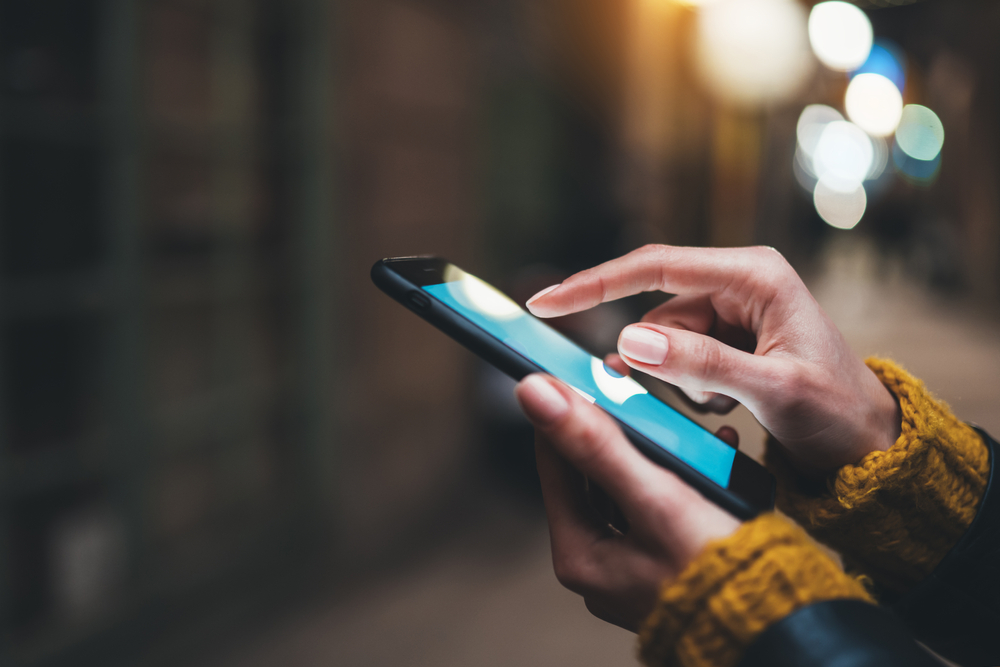
Press 1 if you’ve ever screamed into your phone trying to get a human. Automated phone systems ranked high on the list of everyday frustrations people would ban. Callers feel like they’re trapped in a loop of useless options, especially when their issue doesn’t fit neatly into any of the pre-recorded categories. The solution? Some users say every customer service line should be required to offer a “talk to a real person” option within 60 seconds.
Unskippable Ads on Streaming Services
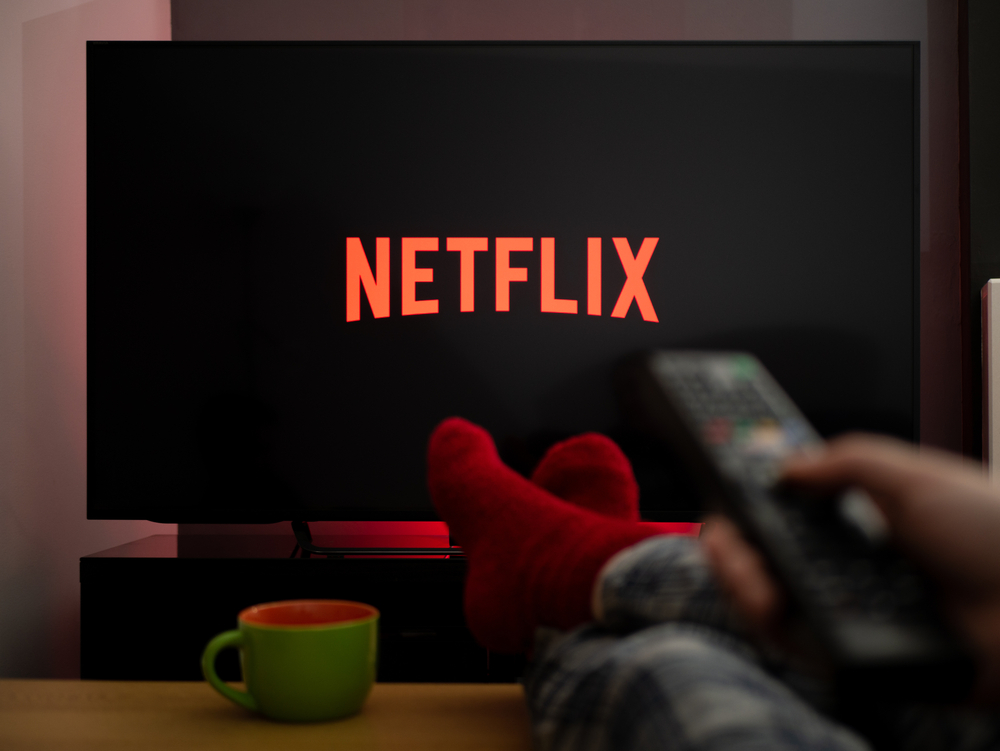
Despite paying for subscription services, many users still get hit with unskippable ads, especially on cheaper tiers. People said if they had the power, they’d ban this practice completely. The idea of “paying to watch ads” just doesn’t sit well. Some also want limits on how often the same ad plays, with complaints about hearing the same 15-second clip ten times an hour. The general sentiment? If it’s paid, it should be ad-free.
Read More: Burger King is banned 120 artificial ingredients from menus — see the full list
Noisy Cars and Motorbikes

Another hot-button issue was loud cars and motorbikes, especially those with modified exhausts. People said the sound pollution in cities and suburbs from these vehicles disrupts sleep, peace, and even concentration during work hours. There were calls to ban aftermarket exhaust mods or limit decibel levels for all vehicles. Some added that noise cameras, already in use in parts of Europe, should be rolled out everywhere.
Gender Reveal Parties

Surprisingly or not, gender reveal parties made the ban list. Many think they’ve gone too far, citing wild stunts that have caused fires, injuries, and property damage. Others said the whole concept feels outdated and overly dramatic. The backlash isn’t about celebrating babies, it’s about turning private moments into social media spectacles. A lot of people say it’s time to find new, less destructive ways to celebrate.
Multi-Level Marketing Schemes
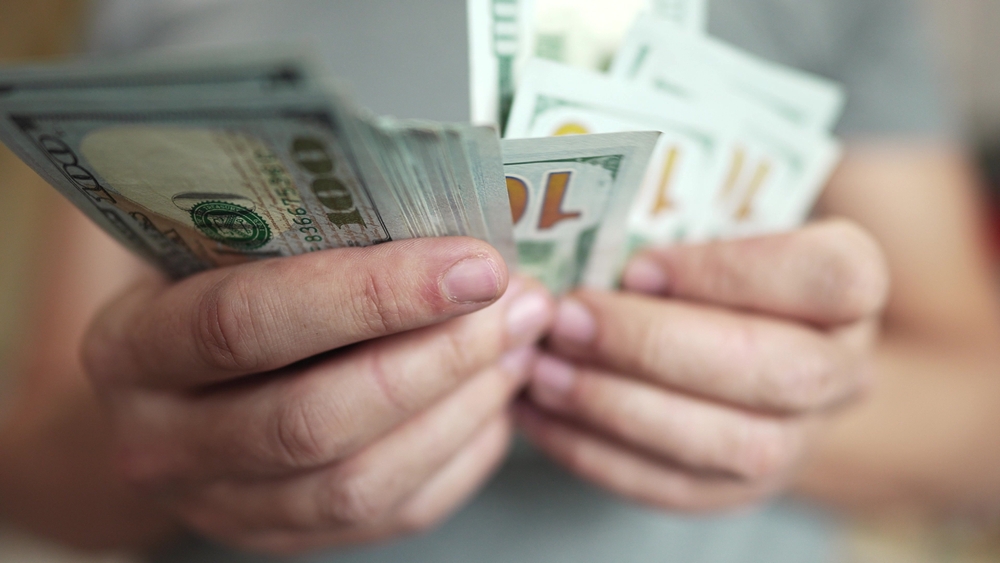
MLMs, or multi-level marketing businesses, got roasted hard. People said they’d ban them entirely, claiming they take advantage of vulnerable people under the guise of entrepreneurship. The constant recruitment pressure, overpriced products, and emotional manipulation that often comes with MLM culture rubbed many the wrong way. Some called it legalized scamming, particularly when “boss babe” culture gets involved.
Hidden Service Fees

Whether it’s concert tickets, hotel stays, or restaurant bills, hidden fees drive people up the wall. Many said they’d ban the practice of advertising one price and then tacking on fees at checkout. It feels deceptive, they argue, and ruins the trust between businesses and consumers. A popular idea was “all-in pricing”, just show the full cost upfront, no surprises. Transparency matters more than clever pricing tricks.
Influencer Apologies

Not all bans were serious—some were snarky. A few respondents said they’d ban influencer apology videos. You know the type: someone messes up, posts a teary-eyed video in front of a ring light, and apologizes with vague language. These “Notes app apologies” were seen as insincere, scripted, and often followed by a comeback merch drop. One person suggested a 6-month social media ban instead, “to let the apology sink in.”
Outrage Clickbait Headlines

People are tired of reading headlines that bait outrage or exaggerate drama just to get clicks. Users said if they had the power, they’d force media outlets to use honest, clear headlines. Many mentioned feeling burned by stories that don’t live up to the promise in the title. Sensationalism, especially around politics or health, made readers feel manipulated. Some called for a “clickbait tax” just to make a point.
Loud Chewers

One of the more lighthearted entries, loud chewers and mouth noises made several lists. It’s not just a pet peeve—some people say it triggers misophonia, a strong emotional reaction to sound. Slurping, smacking, and chomping in quiet rooms were common offenders. A few even joked about creating separate eating areas for “noisy diners.” While it’s probably not enforceable, the request was loud and clear.
Overpriced Airport Food

Airport food prices are universally hated. Travelers said they’d ban markups that make a bottled water cost R80 or a burger R300. While people expect to pay a bit more, some think airport vendors take advantage of the lack of options. One person suggested a pricing cap to keep things reasonable. Another said they’d rather fast than pay “R200 for a sad ham sandwich.”
Balloon Releases

What might look pretty for a few seconds has lasting environmental consequences. Many said they’d ban balloon releases at events, citing the damage they cause to wildlife and ecosystems. Some mentioned seeing deflated balloons miles from civilization, littering forests and beaches. Eco-conscious respondents pushed for alternatives like biodegradable confetti or ribbon dances. Celebrations, they said, shouldn’t come at nature’s expense.
Job Applications That Require a Degree but Pay Minimum Wage

This hit a nerve. People said they’d ban job listings that ask for degrees, years of experience, and a massive skill set—then offer barely livable pay. One person called it “corporate gaslighting.” Many shared their own experiences of being overqualified and underpaid. If companies can’t afford decent wages, people argue, they shouldn’t expect top-tier credentials.
Final Thoughts
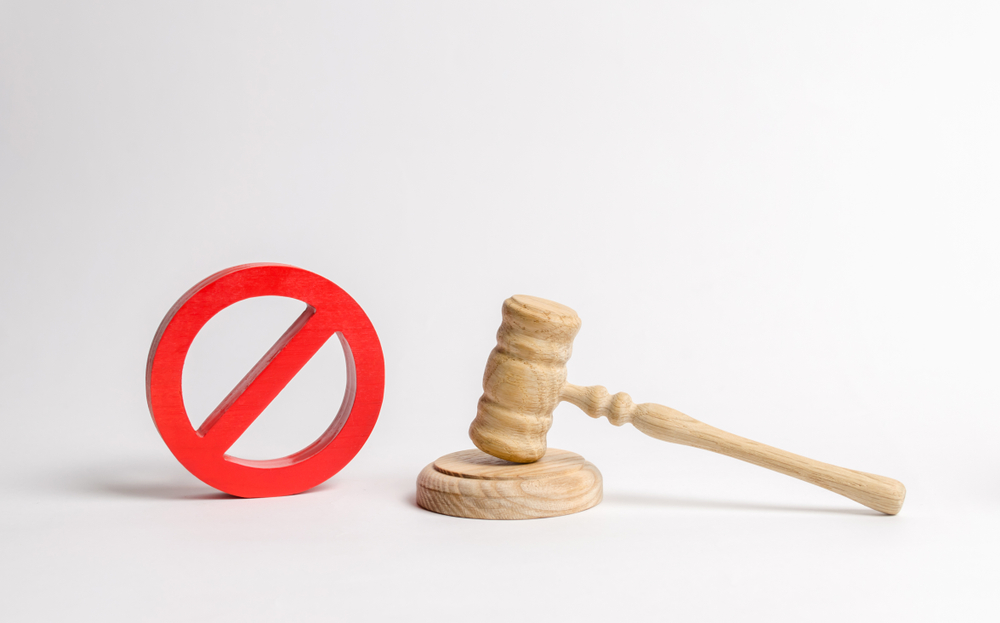
From silly to serious, the things people would ban if they had the power reveal what truly gets under our skin. Most of these aren’t just annoyances—they’re symbols of broader frustrations with fairness, transparency, and respect in everyday life. Whether it’s being blasted by a loud car or misled by sneaky fees, the little things add up. If nothing else, this discussion proves one thing: people know exactly what they’d change, if only someone gave them the switch. Would you add to this list? What’s the first thing you would ban?
Read More: 9 Things That Are Now Banned on Cruise Ships

